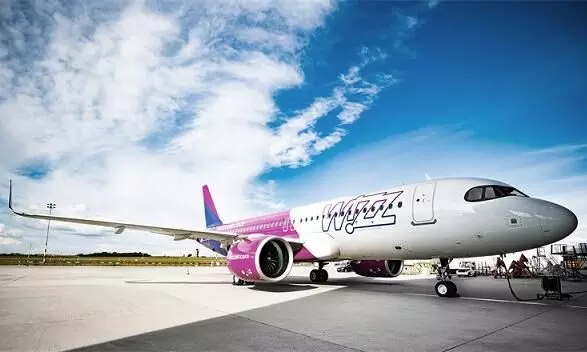
Neste to supply sustainable aviation fuel to Wizz Air
Wizz Air to purchase 36,000 tonnes of Neste-produced SAF per annum over three years

Neste and Wizz Air have agreed on the supply of Neste sustainable aviation fuel (SAF) from 2025. The agreement gives Wizz Air the opportunity to purchase 36,000 tonnes of Neste-produced SAF per annum over a period of three years to use across its route network in Europe and the U.K, says a release from Neste.
"The SAF volumes to be purchased are a key part of the airline’s environmental strategy to reduce carbon emissions intensity per passenger kilometre by 25 percent by 2030 and reach net-zero by 2050. In 2022, Wizz Air achieved its lowest ever annual carbon intensity, which amounted to 55.2 grams per passenger/km. The airline has been continuously adding new Airbus A321neo aircraft to its fleet and replacing older aircraft. These aircraft can currently fly with up to 50 percent SAF blend."
Ian Malin, Executive Vice President and Group Chief Financial Officer, Wizz Air says: “At Wizz Air, we continue to invest in innovative technology and believe that SAF is a key part of the solution for decarbonizing the aviation industry. The partnership with Neste, the world's leading producer of SAF, reaffirms our progress in reducing our carbon emissions intensity, which is already one of the lowest in the world. Working together with Neste, we will drive the adoption of SAF throughout our network, paving the way to a more sustainable future for aviation."
Jonathan Wood, Vice President, Europe, Renewable Aviation, Neste adds: “Neste is committed to helping the aviation industry move towards a more sustainable future. This agreement with Wizz Air, one of the industry’s sustainability leaders, shows how we are enabling airlines to use SAF across their route networks. We look forward to working together with Wizz Air on the reduction of their carbon emissions, as we increase our annual SAF production capacity to 1.5 million tonnes by the end of 2023."

